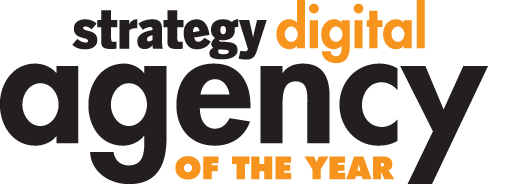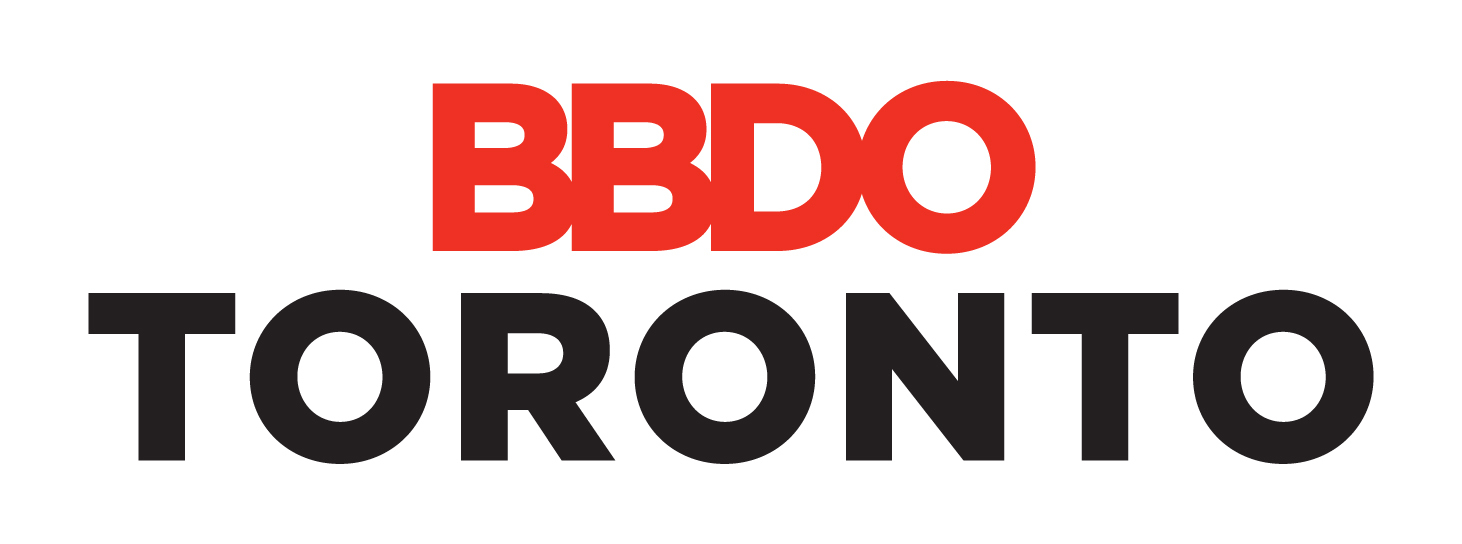BBDO's internal community push
WHAT DOES A CAMERA THAT CAN TRACK MOTION have to do with advertising?
Well, not much, yet. But at BBDO, this year's Silver DAOY and Bronze AOY, agency folks from all backgrounds - be it creative, tech, account or even HR - are invited to come discuss the wild, wacky world of the web at its monthly "WTF sessions."
Though communal scouring and discussion of the web isn't a new activity in the agency world, it's new to BBDO. Introduced by senior AD Derek Blais, the eight-month-old sessions are designed to get people talking about anything and everything.
They're roughly split into 30 minutes of checking out cool links on the internet (which people send Blais throughout the month) and 30 minutes of discussion, which can be anything from how the tech was used to why something looks cool, and, of course, how it might be applied to upcoming creative.
For example, the aforementioned camera is a prototype technology that uses mirrors to follow the path of moving objects (such as a ping-pong ball), keeping it in focus and in the centre of a frame. Despite the video being in Japanese without subtitles and the technology still in research and development phase, people got excited.
"Someone who was working with a client said, 'Oh, my God. I was trying to get this shot [in an upcoming commercial],'" recounts Blais. "[He said,] 'I wish I had this camera. Can we reach out to the Japanese research team? Maybe we can get this camera and make the first-ever commercial using this crazy new angle.'"
It's all part of the agency's network-wide mandate to share and talk about innovation, and it's helping it delve ever-deeper into the digital space, says Tim Welsh, SVP creative operations and new business. It reflects demands from clients that all campaigns must have a digital component - something that isnít even called out in briefs anymore - it's just expected.
Brands also donít like having to go to multiple agencies for creative needs, he says, so if BBDO can help cut out a step by bringing the expertise in house, all the better. (Though Welsh says the agency has no plans to get into some marcom fields, such as promo or PR, preferring to leave that to its now-expanded network partners such as GMR or FleishmanHillard.)
About seven years ago, the agency began actively pursuing a deeper understanding of the digital space, bringing in people like Blais (who came up with the Doritos Inferno campaign for Lay's and who also worked on the Cannes Lion-winning McDonald's "Our Food. Your Questions" campaign while at Tribal DDB) and creative duo JP Gravina and Simon Craig (the pair behind the multi-Lions winning social campaign "Apology" for Johnson & Johnson's O.B.) just this past year.
Though being digitally savvy is an important part of the agency's hiring criteria, Welsh says they do work to avoid falling into the pit of "jack of all trades; Master of none."
As such, 2.5% of the companyís annual revenue is invested into training, with programs like the Digital Lab global initiative (which brings people from the tech industry to speak to creatives) providing the epicentre of digital at the company. The agency has since brought in experts from Facebook, Google and Twitter to speak to employees. It seems to have paid off: it's been a busy year at the agency, which picked up a Bronze Integrated Lion in Cannes, not to mentions wins at the Epica Awards, the CASSIES and CMAs for campaigns for Wrigley, Frito Lay and more.
Of course, it's meant structurally changing up some of its staffing needs, Welsh says. While brands are getting better at navigating their social feeds (with less focus on contests to boost followers and more focus on engagement), more companies are entrusting their agency partners to manage the feeds themselves.
It was a learning curve, of course. When BBDO did its first-ever Doritos contest, it didn't have a moderator, figuring it would be split amongst the account group.
"It was terrible," Welsh says with a laugh. Since then, it has staffed up and now has a handful of moderators dedicated to the social needs of their clients.
"Clients have 24 other things to worry about, from packaging to shipments to sales, so they can't always think about communications. If we're supposed to be the brand stewards, then it's great if the moderator can reside within the agency because we spend a lot of time working within the brand from a communication standpoint."

